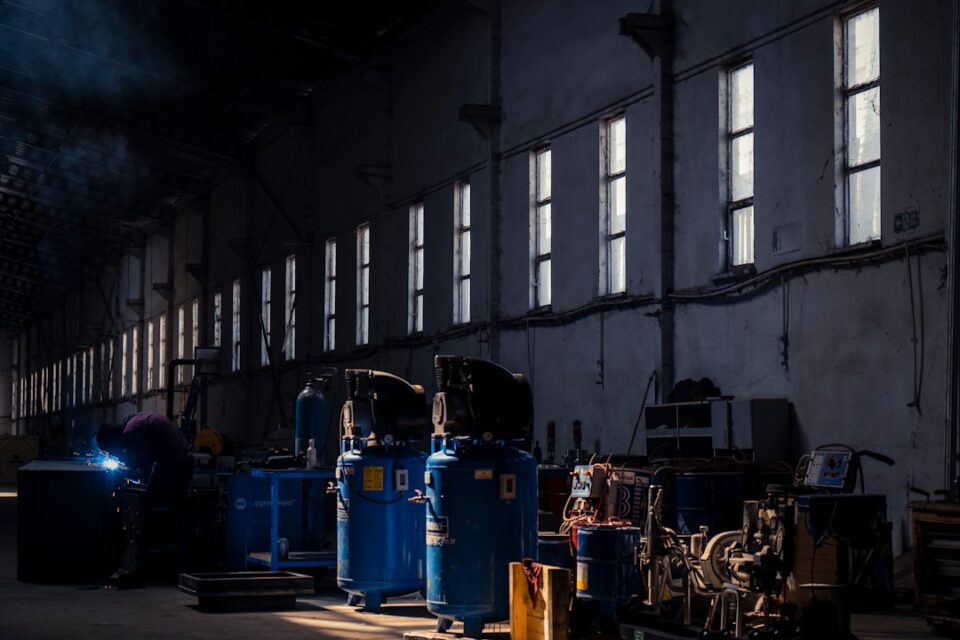In today’s world, sustainability is more important than ever. With climate change looming and natural resources dwindling, it is crucial for businesses to incorporate sustainable practices into their operations to ensure the well-being of the planet for future generations. One area where sustainability can make a significant impact is in manufacturing processes. By making conscious choices and implementing eco-friendly practices, manufacturers can reduce their environmental footprint and contribute to a more sustainable future.
One way to incorporate sustainability into your manufacturing processes is by using renewable energy sources. Switching to renewable energy, such as solar or wind power, can significantly reduce your carbon emissions and decrease your reliance on fossil fuels. By utilizing clean energy sources, you can not only reduce your environmental impact but also save on energy costs in the long run. Many governments and organizations offer incentives and grants for businesses to transition to renewable energy, making it an attractive and feasible option for manufacturers looking to go green.
Another way to make your manufacturing processes more sustainable is by reducing waste and recycling materials. Implementing a waste reduction strategy can help minimize the amount of waste produced during the manufacturing process, leading to cost savings and a smaller environmental footprint. By reusing materials, recycling waste, and implementing a closed-loop system, manufacturers can significantly reduce their impact on the environment and contribute to a more circular economy.
In addition to reducing waste, sustainable manufacturing also involves using eco-friendly materials and chemicals. Opting for sustainable materials, such as recycled or biodegradable materials, can help reduce the environmental impact of your products and processes. Similarly, choosing non-toxic, environmentally friendly chemicals can help minimize pollution and protect the health of workers and surrounding communities. By being mindful of the materials and chemicals used in your manufacturing processes, you can create products that are not only high-quality but also environmentally friendly.
Furthermore, sustainable manufacturing also involves optimizing energy and water usage. Implementing energy-efficient technologies and processes can help reduce your energy consumption and lower your carbon emissions. Simple steps such as installing energy-efficient lighting, upgrading machinery, and optimizing production schedules can lead to significant cost savings and environmental benefits. Similarly, implementing water-saving measures, such as recycling water and using water-efficient equipment, can help conserve this valuable resource and reduce your water footprint.
Lastly, incorporating sustainability into your manufacturing processes also involves promoting a culture of sustainability within your organization. Educating employees about the importance of sustainability and providing training on eco-friendly practices can help create a workforce that is committed to reducing its environmental impact. Encouraging collaboration and innovation, setting sustainability goals, and rewarding employees for their sustainable efforts can help create a culture that prioritizes environmental responsibility and drives continuous improvement.
In conclusion, incorporating sustainability into your manufacturing processes is not only beneficial for the planet but also for your business. By using renewable energy, reducing waste, utilizing eco-friendly materials and chemicals, optimizing energy and water usage, and promoting a culture of sustainability, manufacturers can create products that are not only high-quality but also environmentally friendly. By making conscious choices and taking proactive steps, businesses can contribute to a more sustainable future and help pave the way for a greener economy.


